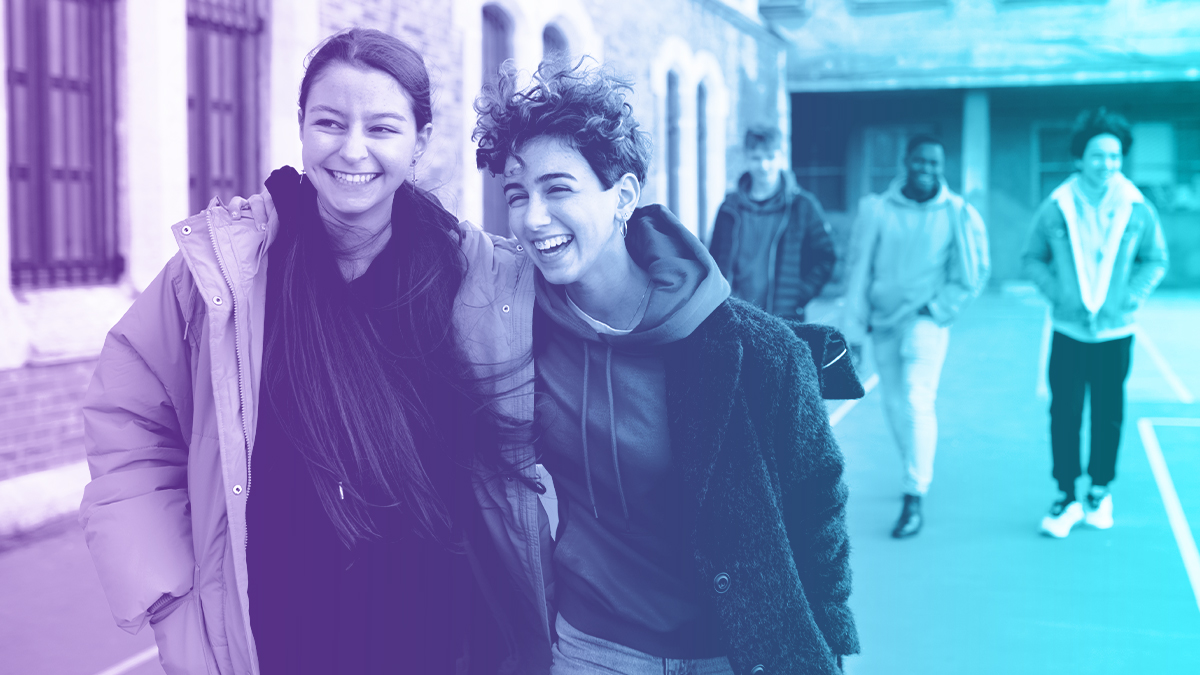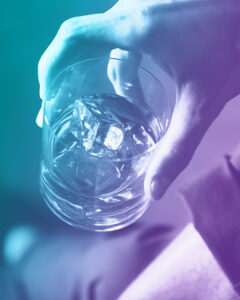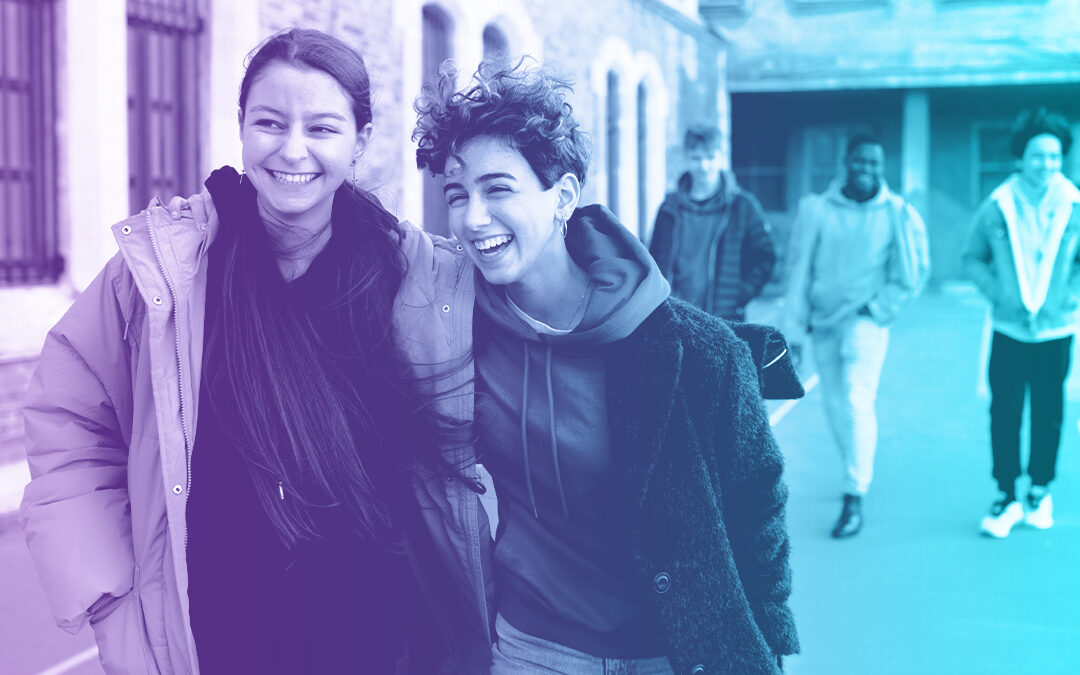Does Alcohol Cause Anxiety
You’ve had a good routine managing your anxiety. With your therapist and mental health nurse practitioner, the medication and sessions have done wonders for your well-being. Each morning you wake up ready to take on the day and crush your goals.

With your medication, you were warned to be careful with drinking alcohol. On a night out with friends, you think, “What could one or two drinks hurt?” Before you know it, you have had four drinks, and you don’t really feel like yourself. The room suddenly seems too full, and everyone has their eyes on you. Your heart races as sweat beads on your forehead. You haven’t had an anxiety spell in months, but you know the symptoms all too well. Alcohol had something to do with this, you are sure of it.
In Hillsborough County, 31% of residents report having been diagnosed with depression or anxiety. Clean Recovery Centers has been helping the Suncoast area get clean, live clean, and stay clean. Our unique, three-phase approach to addiction treatment addresses all facets: physical, mental, spiritual, and social. We understand everyone has a story all their own, and we have seen our fair share of mental health conditions alongside substance use disorders. Let’s look at the relationship between alcohol and anxiety, and how it impacts your health.
The Relationship Between Alcohol and Anxiety
Many believe that drinking alcohol will calm their feelings of anxiety. While this is somewhat true at first, alcohol can actually cause increases in symptoms. Alcohol mainly affects the brain and can cause blackouts. This is where memories are not transferred to long-term storage, and recollection can be choppy. Some memories may be recalled while others will seem as if they never happened. Drinking sessions where memories cannot be recalled can lead to an increase in anxiety.
Alcohol also affects the brain in the behavior center. It is easy to misread situations when drinking alcohol, such as someone accidentally bumping into you. Your brain may see this as a threat and tell you to react with anger. However, it can also trigger the flight response, increasing anxiety. The brain tells you this is a danger and to get away as soon as possible.
What Is Hangxiety?
Though not a medical term, you have probably heard of hangxiety. This describes the feelings of anxiety that occur after drinking, typically the next morning. It stems from experiencing a hangover along with blurred memories of the night before. Those who experienced a blackout may have no idea what happened or what they did the night before. Anxiety sets in as they have to ask friends to fill in the gaps. The person may experience embarrassment and guilt for how they behaved, causing hangxiety. With hydration, a good meal, and rest, hangxiety typically resolves itself within the day. However, in those who are managing an anxiety disorder, the symptoms may stick around.
Types of Anxiety and Their Symptoms
There are many types of anxiety disorders and symptoms can vary between conditions. Common anxiety disorders include:
Generalized anxiety disorder (GAD) – stress-triggered anxiety. Typically, those with GAD will see stressful situations and experience more intense reactions, such as sweating, nausea, and racing heartbeat. These symptoms last before, during, and after stressful events and last up to 6 months.
Panic disorder – those who experience panic attacks. The body reacts with fear when there is no present danger, triggering a panic attack. Shortness of breath, rapid heart rate, and extreme fear and discomfort are common symptoms of a panic attack. The attacks occur a few times per year or up to multiple daily.
Social anxiety disorder – the fear of being watched or judged. Those with social anxiety disorder have a fear that everyone is focused on them. This does not only happen around people they may be meeting at a work party, but also in everyday scenarios such as going to the store.
Phobia-related disorder – a phobia that interferes with daily life. Phobias are common but when they begin to make it difficult to do everyday tasks, such as leaving the house, they are seen as a disorder.
Any one of these conditions can be exacerbated by alcohol use. Many with social anxiety feel that alcohol helps loosen them up and feel relaxed. However, alcohol will interfere with the brain and make anxiety symptoms increase.
Coping With Anxiety
Anxiety can be managed through different outlets, and many combine methods with what works for them. Grounding techniques, breathing exercises, and meditation can help bring the person back to a level space during stressful situations. Removing yourself from the situation can also help reduce anxiety. Keeping a journal of triggers and working to address and overcome them is helpful in coping with anxiety. Lastly, some choose to take medication to manage their anxiety symptoms.
Can Alcohol Cause Anxiety or Make it Worse?
 In short, yes, alcohol can cause anxiety or make it worse. As we mentioned above, alcohol interferes with brain functions. Situations that are safe may be perceived as dangerous, causing anxiety. Blackouts can make it difficult or impossible to remember events of the previous evening, also resulting in anxiety. Lastly, the brain has a chemical balance that keeps mood stable. Alcohol can cause disruptions in the way chemicals are released, leading to mood swings and anxiety.
In short, yes, alcohol can cause anxiety or make it worse. As we mentioned above, alcohol interferes with brain functions. Situations that are safe may be perceived as dangerous, causing anxiety. Blackouts can make it difficult or impossible to remember events of the previous evening, also resulting in anxiety. Lastly, the brain has a chemical balance that keeps mood stable. Alcohol can cause disruptions in the way chemicals are released, leading to mood swings and anxiety.
Those who are taking medication for anxiety have to be careful with alcohol consumption. Some medications such as benzodiazepines can have adverse reactions with alcohol, leading to an increased chance of alcohol poisoning. Alcohol can also cause certain medications not to function as well, diminishing their effectiveness and increasing anxiety.
Anxiety with Drinking: Who Is at Risk?
Those who partake in binge or heavy drinking often are more likely to experience anxiety. As heavy drinking increases, the brain and body become dependent. This can happen before the person realizes it, and between drinks, they may notice increased anxiety. The thought of when and where their next drink is going to come from leads to stress, and feelings of anxiety set in. If they do not get a drink soon, withdrawal can set in. Alcohol withdrawal can cause a plethora of symptoms, making the person uncomfortable and stressed. Anxiety symptoms will continue until the person drinks again, but the cycle of anxiety will continue.
Panic Attacks Caused by Alcohol Use
While alcohol use can cause a panic attack at the moment, especially in those who are already managing a panic disorder, some studies have found that panic disorder can set off drinking patterns. One study found that 25% of those seeking panic disorder treatment had alcohol dependence in their history. This shows that panic attacks can be caused by alcohol use but also the other way around.
Alcohol causes panic attacks during drinking by lowering inhibitions. This leads to the person feeling relaxed and carefree, leaving their guard down. If confronted with a trigger that leads to stress or fear, a panic attack can ensue.
Getting Help for Alcohol Use Disorder and Anxiety in Hillsborough County, FL
Experiencing anxiety is not a comfortable experience, and trying to use alcohol to mask the symptoms can lead to further discomfort. If you have found yourself in the midst of an alcohol use disorder, there is hope available right now. Finding an alcohol rehab is the first step to begin healing. With coping skill development and guided therapy, you will be able to address both your alcohol use and anxiety at the same time. You will be armed with the tools you need to rediscover your passions and work toward a new life in recovery.
Alcohol use may seem to help anxiety, but in the long run, it will only make things worse. Clean Recovery Centers can diagnose and treat mental health conditions at any phase of treatment, and we will educate you and provide options to manage your symptoms. Get clean. Live Clean. Stay Clean. Call us today at (888) 330-2532 to learn more about our program offerings.
FAQs About Alcohol and Anxiety
Can alcohol trigger panic attacks?
Alcohol causes panic attacks during drinking by lowering inhibitions. This leads to the person feeling relaxed and carefree, leaving their guard down. If confronted with a trigger that leads to stress or fear, a panic attack can ensue.
How do you cure hangxiety?
Hangxiety typically runs its course, but eating a healthy meal, hydrating, and resting will help cure hangxiety.


